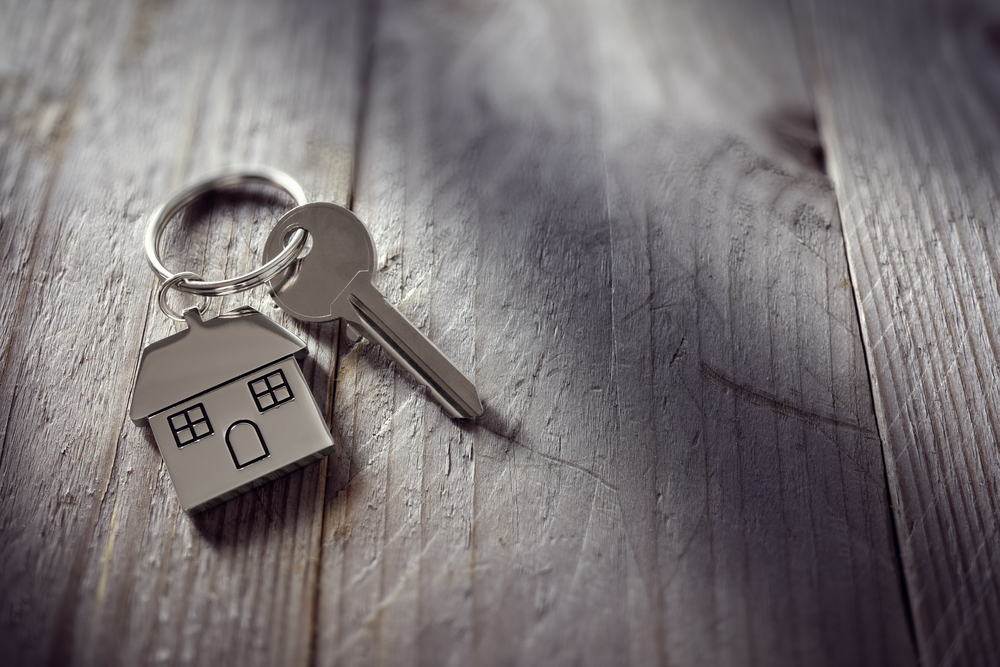
The findings are part of extensive research conducted by Ipsos MORI on behalf of Nationwide into attitudes regarding home and housing post-pandemic.
The full report ‘The Future of Home’ will be released on 26 July and will cover the UK’s views on a range of housing-related topics including home ownership, renting, the shortage of skilled building professionals and the greening of homes.
Four in 10 private renters (42%) said their experience of the pandemic has made owning their own home more important than it was 18 months ago.
However, 41% of renters said getting a deposit together and meeting other upfront purchase costs has made buying their own home unaffordable.
Research by the Organisation for Economic Cooperation and Development (OECD) found that Brits spend the joint highest of any other nation on housing, with more than a quarter (26%) of disposable income being spent on the cost of a home on average.
This rises rapidly for those in lower earning roles, including carers, labourers and couriers, where mortgage or rental payments take 40% of take-home pay.
Data from Nationwide found that currently the average first-time buyer property costs 5.6 times the average income compared to the long run average of 3.2 – a figure that has not been true for around 20 years.
The Future of Home report will also look at the differences in people’s view on housing by generations.
Sara Bennison, chief product and marketing officer at Nationwide Building Society, said: “Our research and cross-industry conversations show that the pandemic has served to exacerbate long-standing issues in the housing market.
“Layer onto that the enormous challenge of making the UK’s homes net zero and the challenge ahead becomes even greater.
“The need for more homes, more affordable homes and more sustainable homes are some of the critical questions we address in the Future of Home Report which is launched on Monday.”



